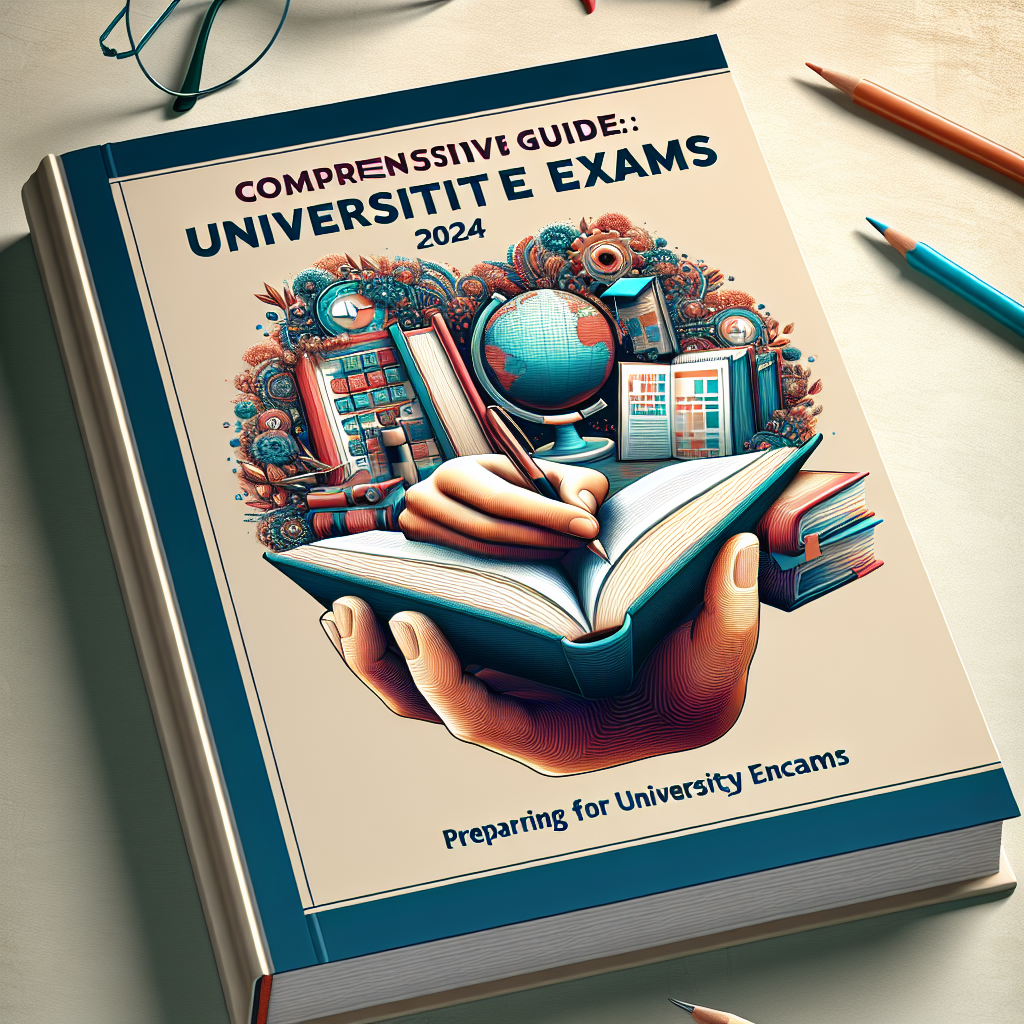Introduction: Unlocking Your Brain’s Potential
Memory plays a crucial role in our everyday lives, whether it’s remembering a colleague’s name, recalling information for an exam, or simply keeping track of daily tasks. As we strive for better productivity and learning, understanding strategies to improve memory retention tips becomes essential. This comprehensive guide explores proven memory improvement techniques, brain-boosting habits, and cognitive science-backed methods to help you retain information efficiently and recall it when you need it most.
Why Memory Retention Matters
Memory retention is the ability to store information and access it over time. Strong memory skills enhance academic performance, professional effectiveness, and overall cognitive health. By adopting the right habits and mnemonic strategies, you can significantly boost your long-term and short-term memory recall, leading to greater confidence and mental agility.
1. Understand the Science of Memory
The human brain encodes, stores, and retrieves information in complex ways. Key processes include sensory memory, short-term memory, and long-term memory. Improving retention involves strengthening neural pathways, which can be accomplished through repetition, association, and active engagement. Cognitive psychologists recommend leveraging these processes for optimal memory consolidation.
2. Master Proven Memory Techniques
- Chunking: Group information into smaller, meaningful units. For example, break a long number into chunks (e.g., 123-456-7890).
- Visualization: Create mental images to associate with concepts. Visual memory aids, such as mind maps, help in organizing and retaining details.
- Mnemonics: Use acronyms, rhymes, or phrases to encode information (e.g., “Every Good Boy Deserves Fruit” for musical notes).
- Spaced Repetition: Review information at increasing intervals to strengthen memory traces. This method is highly effective for vocabulary and exam preparation.
These memory training strategies encourage active learning and deeper processing, making recall more reliable.
3. Optimize Your Learning Environment
The surroundings in which you study or work significantly influence memory. Here are some tips to create an environment that supports effective memory retention:
- Minimize distractions by turning off notifications and decluttering your workspace.
- Use adequate lighting to reduce eye strain and fatigue.
- Incorporate background music or white noise if it helps you concentrate.
- Keep learning materials organized for easy access and review.
4. Engage in Healthy Lifestyle Habits
A healthy body supports a healthy mind. Cognitive health experts highlight the importance of regular exercise, balanced nutrition, and adequate sleep for memory improvement. Consider these lifestyle tips:
- Physical Activity: Aerobic exercises like walking, swimming, or cycling boost blood flow to the brain, enhancing memory formation and recall.
- Diet: Incorporate brain foods such as fatty fish, blueberries, walnuts, and leafy greens into your meals to support cognitive function.
- Sleep: Aim for 7–9 hours of quality sleep per night to consolidate memories and refresh your mind.
- Stress Management: Practice mindfulness, meditation, or yoga to reduce stress, which can impair memory retention.
5. Practice Active Recall and Self-Testing
Passive reading or listening is less effective than active engagement. Test yourself regularly to strengthen memory and identify knowledge gaps:
- Try flashcards or quiz apps to practice retrieving information.
- Summarize what you’ve learned in your own words after each study session.
- Teach concepts to others to deepen your understanding and reinforce memory.
6. Apply the Power of Association
Connecting new information to existing knowledge creates mental “hooks” that make recall easier. Use analogies, stories, or real-life examples to reinforce memory connections. For example, linking historical events to personal experiences can make them more memorable.
7. Use Technology Mindfully
Digital tools and memory apps can enhance your learning, but over-reliance may lead to “digital amnesia.” Balance technology with traditional memory exercises. Set reminders strategically but strive to remember information independently whenever possible.
8. Review, Reflect, and Repeat
Regular review is vital for long-term retention. Schedule periodic sessions to revisit key material and reflect on your progress. This practice cements knowledge in your long-term memory and prevents forgetting.
Conclusion: Building Lifelong Memory Skills
Improving memory retention is a journey that combines science, self-awareness, and daily habits. By embracing these strategies to improve memory retention tips, you can unlock your brain’s full potential, enhance your academic and professional performance, and enjoy a sharper, more agile mind at every stage of life. Start with small changes, stay consistent, and watch your memory skills flourish!
Frequently Asked Questions (FAQ)
- How long does it take to see improvement in memory retention?
- With consistent application of memory strategies, many people notice improvement within a few weeks.
- Are memory techniques effective for all ages?
- Yes, memory improvement strategies benefit individuals of all ages, from students to seniors.
- Is multitasking harmful to memory retention?
- Yes, multitasking often leads to poor memory encoding. Focused attention is key for optimal retention.
- Can brain games really improve memory?
- Some brain games can help sharpen mental skills, but combining them with lifestyle changes and active learning is most effective.



